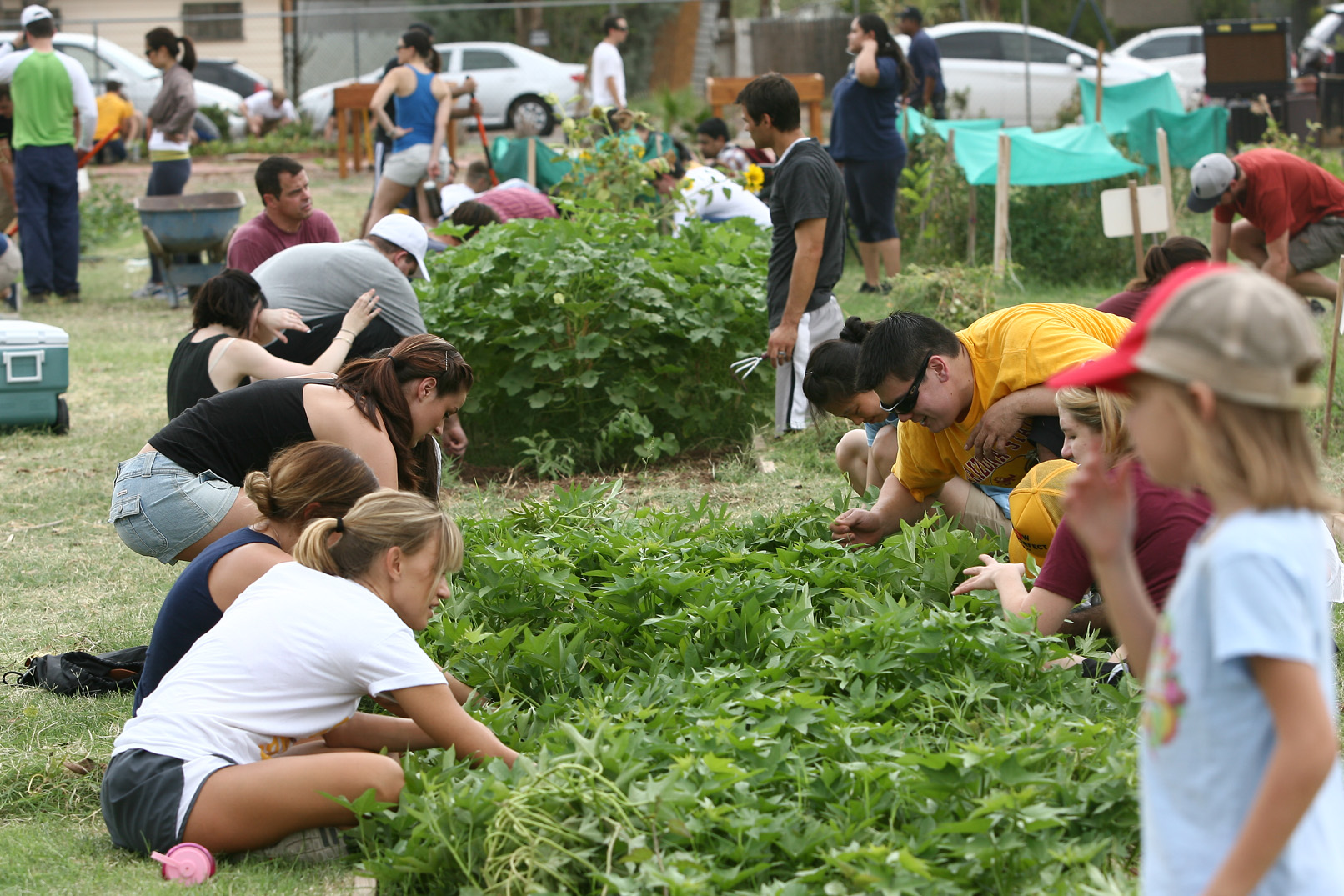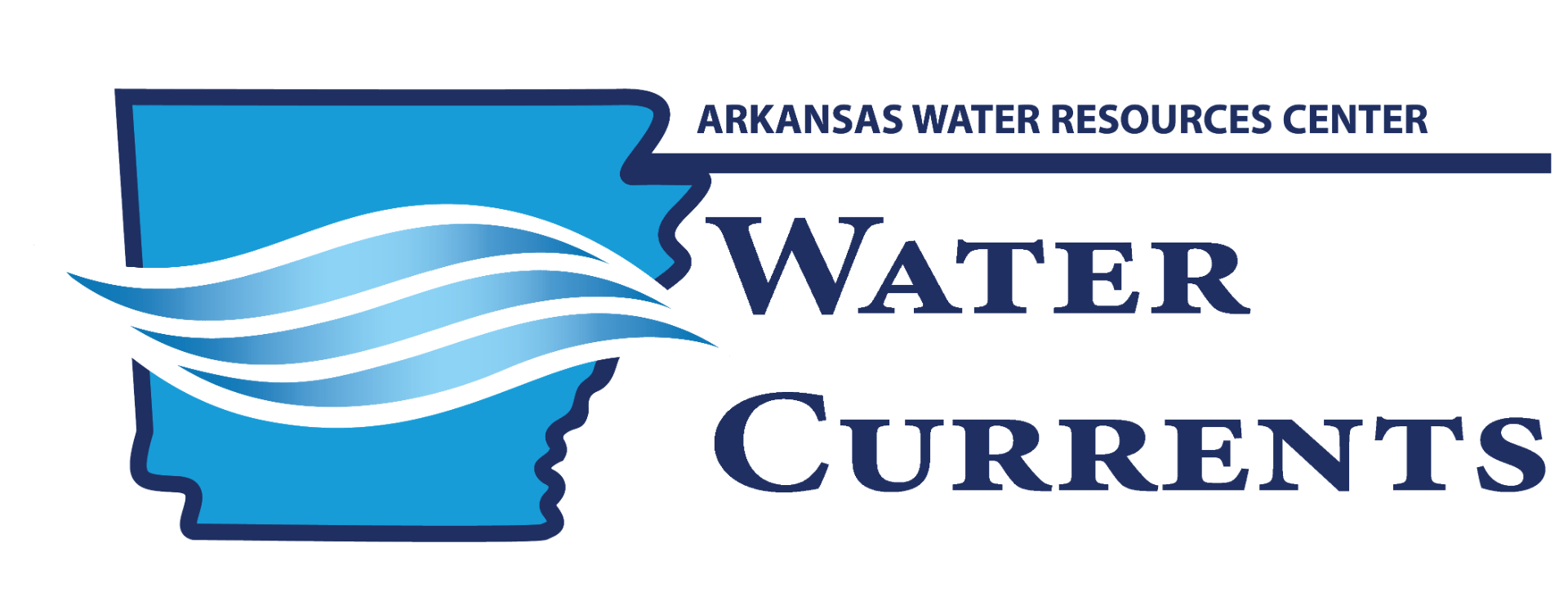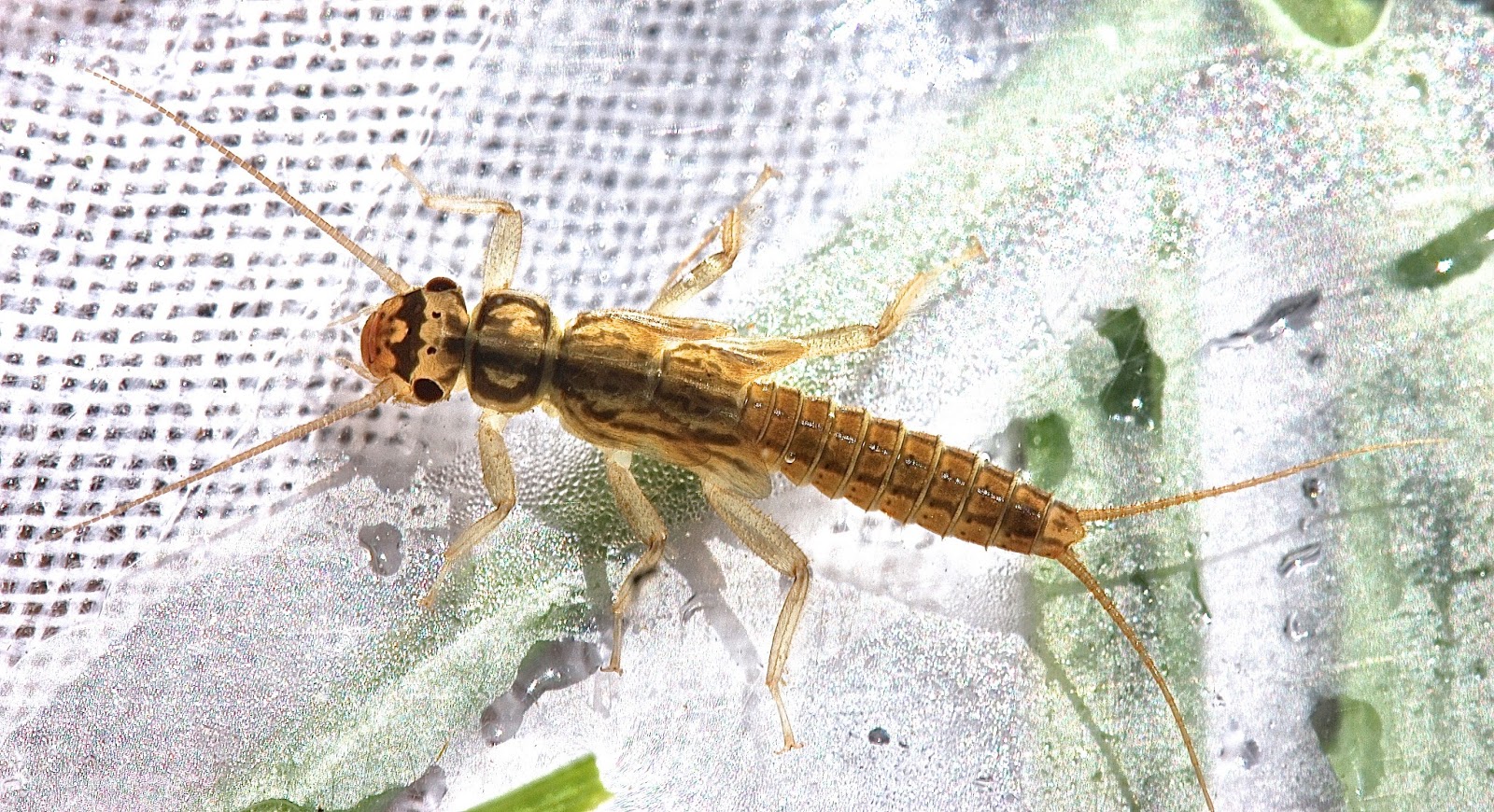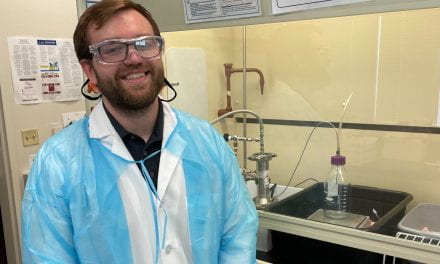
Sustainability is Important, but a Challenge for Extension Services

Even in a water-rich state like Arkansas, sustainable water use is an important topic for water resources managers, especially related to agricultural uses. Many Extension Offices in Arkansas work with farmers and the public to provide education and to help them implement sustainable management activities.
Researchers with Utah State University Extension Service surveyed over 1,300 Extension agents on sustainability outreach in Extension. Dr. Roslynn Brain and graduate student Clark Dove wanted to understand how Extension educators feel about the importance of teaching sustainability to clientele, major sustainability issues, and what are some of the biggest challenges of sustainability outreach.
It’s probably no surprise that almost all the Extension agents surveyed said that it’s important to engage and educate clientele about sustainability (about 46% said it’s “important” and 46% said it’s “extremely important”).
“[Sustainability] is critical for the future prosperity of the community”, said one Extension educator.
Younger employees seem to believe more in the benefits of sustainability outreach, since the majority of Extension employees surveyed who’ve worked 10 years or less thought it was “extremely important”, while those who’ve worked over 10 years ranked it as “important”.
Extension educators in Arkansas and across the nation are already doing great work addressing a wide range of sustainability issues. For example, many of the surveyed Extension educators said they’re doing a good job addressing nutrition education (75%) and water quality (61%). However, in this study, water quality ranked number one of the top five emerging sustainability issues for Extension Services to address. Water quality is a complex issue, and some topics might be easier to address or better received by the public, while other issues might be more challenging.
Extension agents described several challenges they face trying to educate their clientele about sustainability. For example, communication with clientele was listed as the biggest challenge, particularly when discussing politically charged issues and linking the importance of sustainability with people’s values.
Those surveyed said it can also be challenging to garner community support or interest in learning about sustainability, especially when people perceive it as competing with other priorities, such as crop yield and economic value. However, this could to be a false perception because in many cases economic prosperity is closely tied to the sustainable use of our resources.
“Sustainable agriculture is important to our state’s economic stability”, said another Extension educator.
Only 21% of Extension educators nationally who responded to the survey said they offer sustainability-focused programs. So a big problem seems to be a lack of internal support and programming within Extension Services.
The sustainable use of our resources is paramount to our survival and economic prosperity. We know it’s important, and we must continue to overcome the challenges and barriers to communicating and educating others about sustainability issues.
View the report here: https://issuu.com/usuextension/docs/sustainability-in-extension-nationa.









